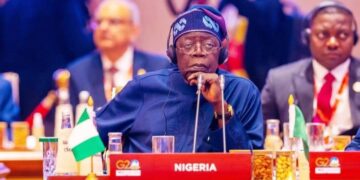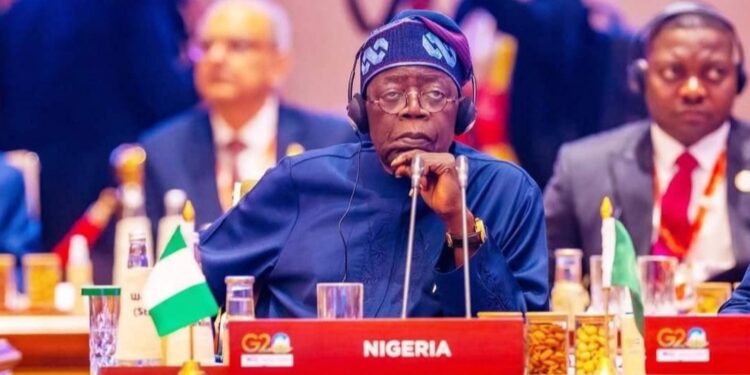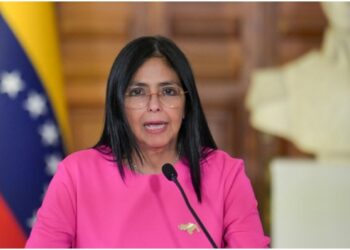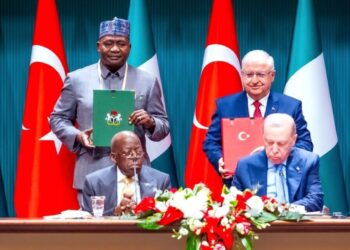By Emmanuel Nduka
President Bola Tinubu’s administration has come under increasing scrutiny for failing to appoint ambassadors to represent Nigeria abroad, nearly two years after recalling all serving envoys in September 2023.
Heritage Times HT reports that this has now left many Nigerians in the diaspora on their own, with no visible government representation and leadership in the countries they reside in.
While Nigeria currently has 109 diplomatic missions across the world—comprising 76 embassies, 22 high commissions, and 11 consulates, all these missions have remained without substantive ambassadors since the mass recall, which was ordered by President Tinubu shortly after assuming office.
At the time, Nigeria’s Minister of Foreign Affairs, Ambassador Yusuf Tuggar, confirmed the recall directive, stating it applied to both career and non-career ambassadors. His media aide, Alkasim Abdulkadir, explained that ambassadors serve at the President’s pleasure, and it was within Tinubu’s prerogative to recall them.
Despite the significance of ambassadors in promoting Nigeria’s foreign policy, protecting its citizens abroad, advancing trade and investment, and gathering intelligence, the President has yet to announce any new appointments—22 months later.
The prolonged absence of ambassadors is just one facet of broader dysfunction plaguing Nigeria’s foreign missions. Earlier this month, reports emerged that diplomats at various embassies had not been paid for six months.
A February 2025 report indicated that about 450 foreign service officers serving under the Ministry of Foreign Affairs were owed salaries spanning five to six months. Many of them were reportedly struggling to pay rent, children’s school fees, and other essential expenses.
In May 2024, Foreign Affairs Minister Tuggar attributed the delay in appointments to the ongoing financial and economic challenges facing the country. But critics argue the situation is a result of poor planning and lack of priority for diplomatic affairs.
The House of Representatives’ Committee on Foreign Affairs, in November 2024, called on the federal government to urgently fund Nigeria’s foreign missions adequately to ensure effective delivery of services.
The neglect of diplomatic missions has also caused hardship for Nigerians in the diaspora.
Two Nigerians who reside permanently in Europe expressed indifference to Heritage Times HT on the matter. “Did the president appoint ambassadors here at all? I’m not sure,” one of them spoke to our Correspondent on condition of anonymity.
The Organisation for the Advancement of Nigerians (OAN) earlier this year decried the lack of passport printing facilities in the Nigerian consulates in New York and Atlanta. This failure has left many Nigerians stranded without valid passports, unable to travel for emergencies, work, or family matters.
As frustrations mount, Nigerian citizens abroad are facing unnecessary sufferings, with Nigeria’s global influence dwindling.



































